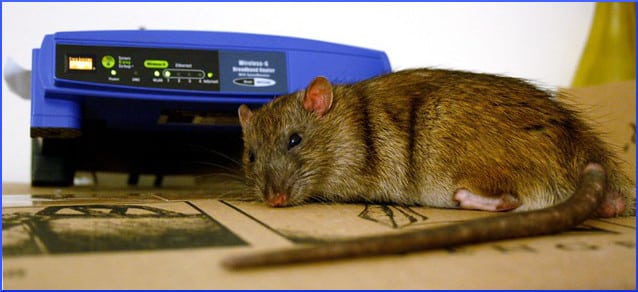
In the summer of 2006, scientist and book author John Erb presented a report to the Joint FAO/WHO Expert Committee On Food Additives. Among many other aspects of the substance, it discussed several claims regarding how MSG triggers obesity. Glutamate increases the appetite, and true to the stereotypical Chinese food joke, a person feels hungry again sooner.
Faced with equal amounts of the same food, with or without MSG, a subject with the additive-laced food will eat more. It messes up a rat’s sense of how to regulate its intake amounts, and then something else happens. Erb wrote,
MSG has been shown in rats to over stimulate the pancreas resulting in hyperinsulinemia. The excess insulin in the blood increases the conversion of glucose into adipose tissue… MSG has been shown in rats to reduce Ketone secretion, resulting in an obese rat with a propensity for creating adipose tissue(fat)…
Of course lab rodents and humans are far from identical, but MSG increases insulin release in people, and apparently affects ketone excretion too. Not only that, it interferes with the secretion of Growth Hormone, producing not only stunted rats, but human children deprived of the crucial hormone in their teenage years. The main thing is, when researchers want obese or diabetic rats to try out a theory on, they can obtain special “MSG treated rats.”
In his conclusion, Erb wrote:
Consider the children of the world who eat MSG in their school cafeterias, hospitals, restaurants and homes. They deserve foods free of added MSG, a substance so toxic that scientists use it purposely to trigger diabetes, obesity and epileptic convulsions.
On an even less cheerful note, MSG can penetrate the so-called placental barrier and affect a fetus in utero. They have glutamate receptors, and being inundated with too much of that may cause bad consequences, like brain injury. And if by chance the mother has achieved the feat of keeping her diet free of MSG, never fear. The industry has that covered — the stuff is in infant formula… as if a hungry baby needs added inducement to eat.
More recently, concern has increased about damage to the unborn, because it seems pretty clear that their endocrine systems can be damaged. Furthermore, it is strongly suspected that later on, no amount of subsequent diet correction or exercise will make up for that disability. As time goes on, researchers become more adept at pinpointing the exact mechanisms by which glutamic acid works its dark magic.
Let’s wrap this up with some words from Dr. Pretlow:
Hedonic foods are addictive, plain and simple! The pleasure of the foods cancels emotional pain for the time it takes to consume them and perhaps during the anticipation phase and after thoughts. But once the pleasure fades, reality comes crashing back in that we’ve done something that will now make our lives more miserable. That misery causes the cycle to repeat, further strengthening the addictive hold of the hedonic foods.
Your responses and feedback are welcome!
Source: “The Slow Poisoning of Mankind,” HolisticMed.com, August 2006
Photo credit: Matt Baume on Visualhunt/CC BY-SA

 FAQs and Media Requests:
FAQs and Media Requests: 











